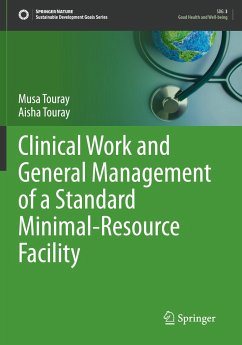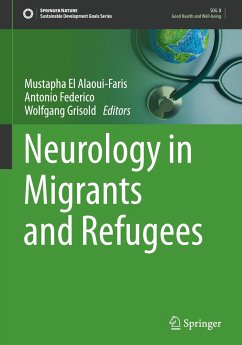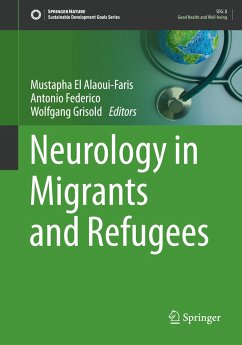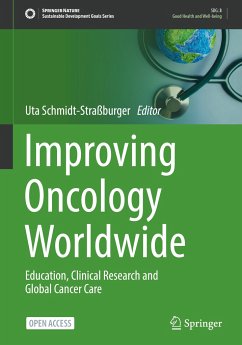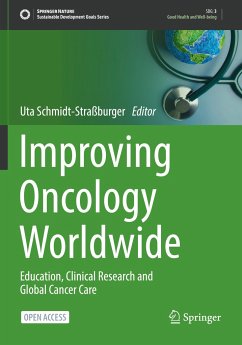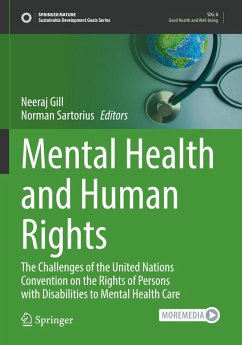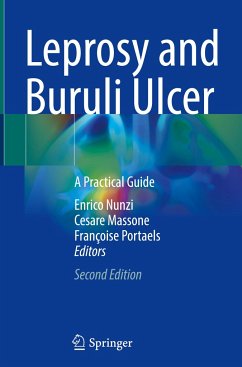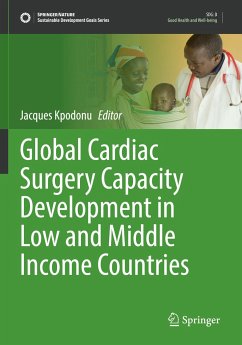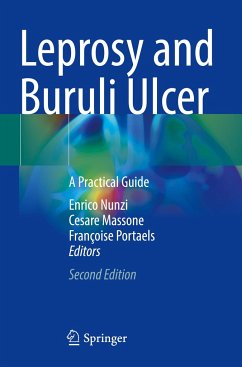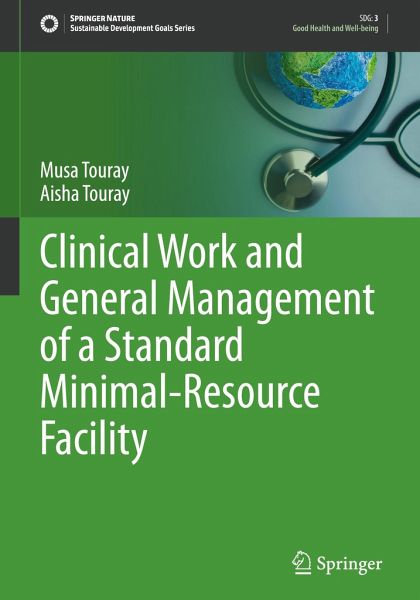
Clinical Work and General Management of a Standard Minimal-Resource Facility
Versandkostenfrei!
Versandfertig in 1-2 Wochen
105,99 €
inkl. MwSt.
Weitere Ausgaben:

PAYBACK Punkte
53 °P sammeln!
Access to approved scientific medical literature is vital in the context of providing standard, evidence-based health care. Despite the abundance of medical information, ensuring that it is available to health care professionals in the field remains a challenge. Remote areas in economically disadvantaged sub-Saharan Africa often lack internet facilities or reference libraries. At the same time, the long-term storage of books and other documents is a problem due to climatic factors such as humidity and heat, the presence of pests like insects and rodents, as well as environmental hazards and th...
Access to approved scientific medical literature is vital in the context of providing standard, evidence-based health care. Despite the abundance of medical information, ensuring that it is available to health care professionals in the field remains a challenge. Remote areas in economically disadvantaged sub-Saharan Africa often lack internet facilities or reference libraries. At the same time, the long-term storage of books and other documents is a problem due to climatic factors such as humidity and heat, the presence of pests like insects and rodents, as well as environmental hazards and the lack of trained staff to adequately manage, maintain and distribute literary material.
Against this background and based on practical experience, this book compiles a series of common disease management protocols adapted for minimal-resource facilities, formulas for national healthcare schemes (vaccination, antenatal, child care) and other useful documents that can facilitate effective hospital management in low-resource countries. Primarily intended for healthcare workers in The Gambia and other nations with a similar socio-economical background, the book is also a valuable resource for international students and healthcare workers from regions like Europe and the Americas intending to do internships in economically underprivileged geographic areas.
Against this background and based on practical experience, this book compiles a series of common disease management protocols adapted for minimal-resource facilities, formulas for national healthcare schemes (vaccination, antenatal, child care) and other useful documents that can facilitate effective hospital management in low-resource countries. Primarily intended for healthcare workers in The Gambia and other nations with a similar socio-economical background, the book is also a valuable resource for international students and healthcare workers from regions like Europe and the Americas intending to do internships in economically underprivileged geographic areas.



